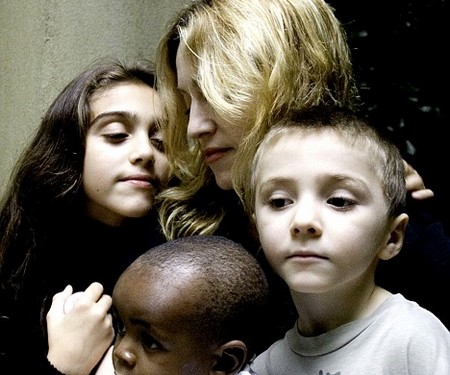Give your child the opportunity to give. The child with self-esteem gives voluntarily. Encouraging your child to be generous even when it isn’t his or her idea helps build self-esteem.
The gift may be the time it takes to visit a sick grandparent. It may be raking leaves or holding a ribbon while someone else ties a bow. It may be the sharing of cookies, toys, or clothes.
The hallmarks of a gift are these: the person who receives the gift doesn’t ask for it, and the gift is given without any expectation of something in return.
In many cases, you are wisest to suggest, not demand, that your child make a gift. A gift given under “command” isn’t really a gift; it’s a grudging act of obedience.
Don’t, however, let your child use giving as a form of manipulation, which happens when a child comes to expect a gift in return.
Encourage your child to give some gifts that are sacrificial, especially as your child moves into teenage years and is able to understand the value of time and things.
Teach your child to give without pity and as an expression of love, concern, and compassion. Don’t let your child look down upon the recipient of his or her gift. Many children are encouraged to give their old toys to poor children. Children who only give their old toys come to believe that poor children are only deserving of old, used-up things.
Teach your child that giving can happen year round, and even spontaneously. One doesn’t need to have gift wrapping or ribbons for a gift to be a gift. One doesn’t need to wait for birthdays or holidays.
Encourage your child to give gifts of service to those in need, such as a free mowing of the elderly neighbor’s front yard, an evening of free babysitting to an aunt who never gets an evening off, or five good backrubs for Dad.
Finally, even as you encourage your child to give, insist that your child tell you in advance what he or she is giving and to whom. You don’t want your child walking off with your silverware and giving it to the neighbors down the street; neither do you want your child giving away clothing without your knowing it!
The child who becomes a giver is a child who comes to know, “I can spare some of what I have because I know it won’t detract or subtract from who I am. I have value unconnected to things.”
No matter the shelflife or the value of the gift, the value of gift-giving is lasting and great!
